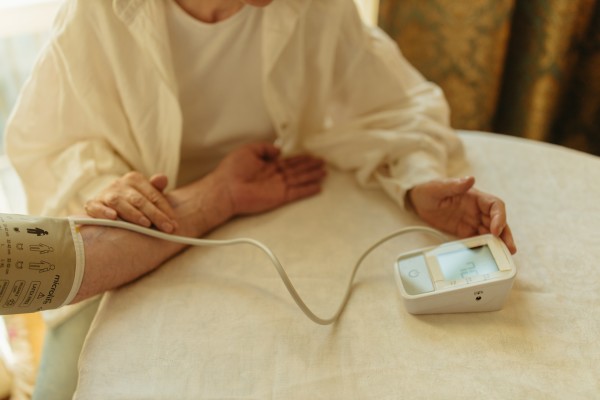In most circumstances pensions can only be accessed once the member has reached the normal minimum pension age (NMPA). This is currently age 55, but as has been widely publicised, in the industry at least, it will be rising to age 57 from April 6 2028.
This change will lead to yet more people having a protected retirement age that is different to the NMPA, on top of those with a protected age courtesy of the last rise from 50 to 55 in 2010, and not forgetting any sportspeople or performers who had a protected retirement age from before A-day.
Putting these protected ages aside, most people can only take benefits before NMPA if they qualify for early access on health grounds. The criteria for this early access, the form of benefits that can be taken and the tax implications are the subject of this article.
There are two types of early access to pensions on health grounds: ill-health and serious ill-health.
With an increase in the normal age for accessing benefits, there will be a natural uptick in people needing to access under ill-health rules who would have previously been over NMPA.
Ill-health access
Members may be able to access pensions at any age if they meet the ill-health condition. The minimum requirement for this is that the scheme administrator has been provided with evidence that the member is, and will continue to be, medically incapable of continuing their current occupation due to injury, sickness, disease, or disability, and that they have ceased that occupation.
The definition does allow for the nature of the incapacity to be physical or mental and the evidence must be provided by a registered medical practitioner.
Although this is the minimum requirement, it is important to note that some schemes may have stricter ill-health criteria written into their scheme rules.
Most commonly this would be to state that the member must be incapable of carrying out any occupation, rather than just their current occupation. For example, someone in a manual job may be unable to continue due to permanent physical injury but be perfectly capable of carrying out a desk job.

Some schemes may have stricter ill-health criteria written into their scheme rules.
Whether or not their pension scheme would allow early access will depend on whether their scheme rules use the “current occupation” or “any occupation” definition. It is also worth noting that different schemes may have different requirements in terms of the evidence they will accept – for example some may insist on a medical examination.











